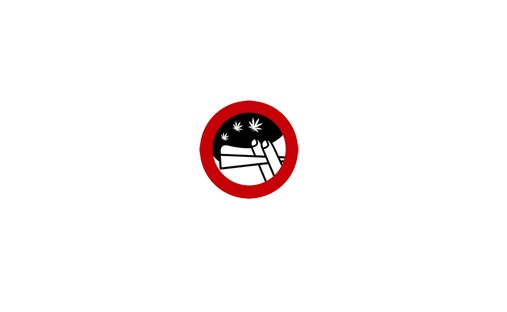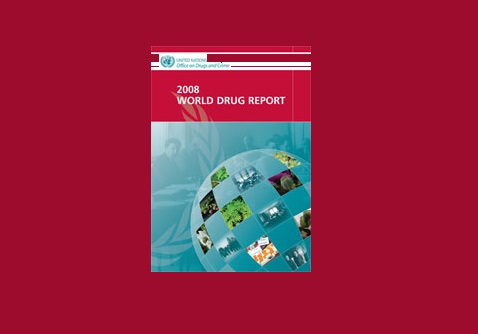Amsterdam is known to be a liberal city. Although many people exaggerate the freedom here, the Amsterdammers and Dutch in general do have a few liberties that are unique in the world. Still, whenever you visit a city in a foreign country it is always a good idea to inform yourself about the local laws and rules. In Amsterdam’s case this can be a difficult task, therefore this article will try to inform you about the basics of the Dutch legislation and specific things you should know about Amsterdam and its Coffeeshops.
In the Netherlands we distinguish between two types of drugs: soft and hard drugs. By law both of them are illegal, but the use and possession of small amounts of soft drugs is decriminalized and regulated. This led the Dutch to having a unique drugs policy in the world. Although the use of addictives in general is discouraged, the Dutch politics reasoned that cannabis does not have physically addictive qualities, and are not more harmful than, say, alcohol. Therefore the Netherlands allow limited forms of possession and trade in soft-drugs.
The specific rules are as follows:
• You are allowed to purchase and possess up to five grams of cannabis. Possessing more is interpreted as if you want to trade it, which is illegal.
• Only specially permitted “Coffeeshops” are allowed to sell soft drugs, and never more than five grams per person per day. You have to be 18 or over to access a Coffeeshop.
The paradox in the Dutch drugs policy is that the growing and trading of large amounts of soft drugs is illegal and not allowed, yet Coffeeshops still need to buy their stock. This phenomenon is referred to as the “back door/ front door” paradox: Coffeeshops are allowed to sell (and pay taxes for it), but can not legally buy stock.
It is not illegal to smoke outside the Coffeeshop, but things have changed over the past few years, and it is no longer acceptable to smoke cannabis just everywhere.
Restricted areas around Central Station and the Red Light District have a “zero tolerance” policy. In other areas in Amsterdam where it is forbidden to smoke Marijuana, official “no-pot-smoking” street signs will indicate this clearly.
Although you are not expected to know local regulations, you might very well risk a fine when smoking in these areas.



